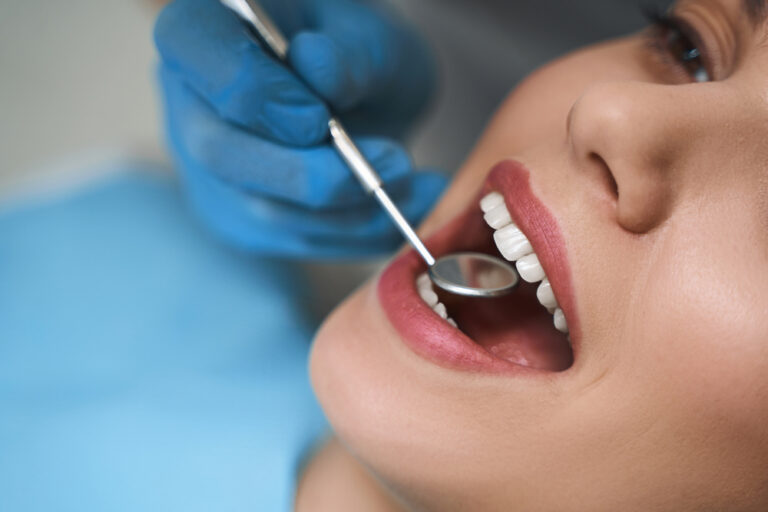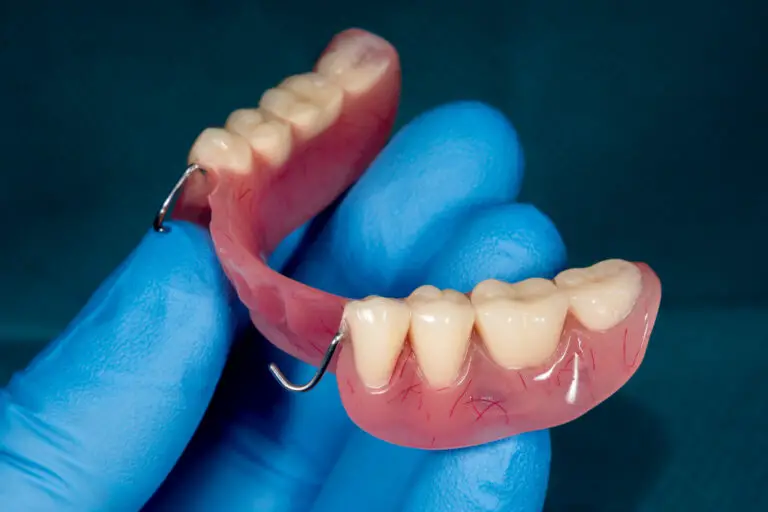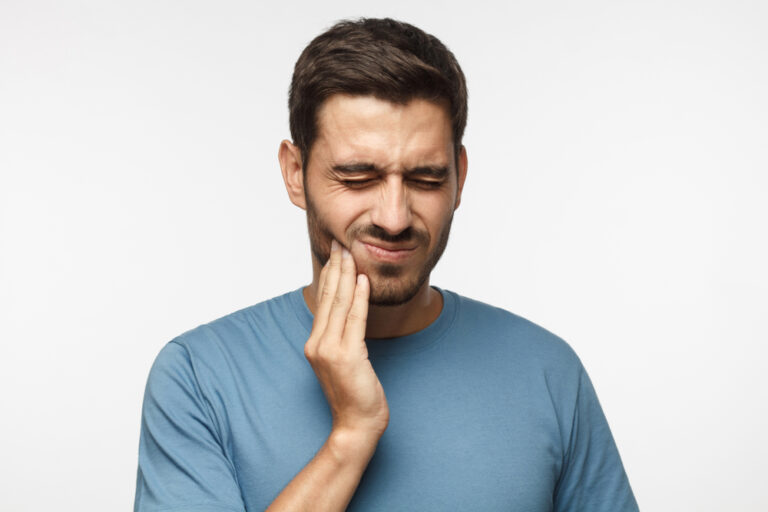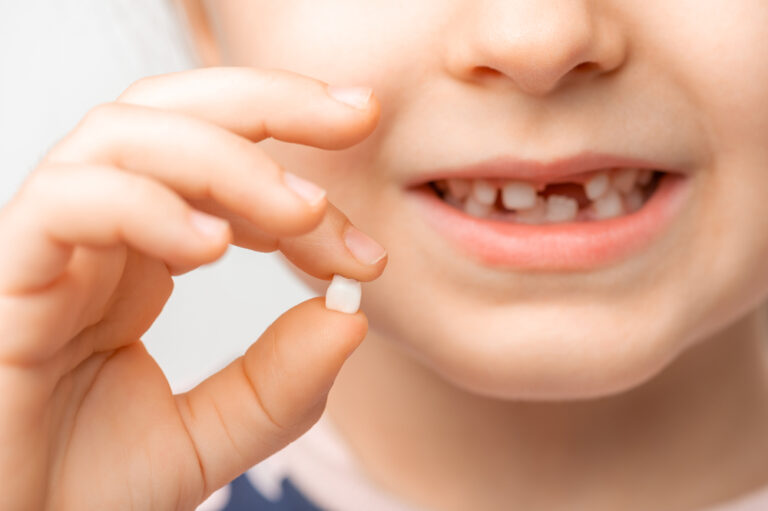Are you wondering how many teeth a person typically has? You may have heard that adults have 32 teeth, including four wisdom teeth. While this is generally true, there can be variations in the number of teeth a person has.
Some people may have fewer teeth than 32, even if they have never had any teeth removed. This can be due to a variety of reasons, such as genetics or developmental issues. On the other hand, some people may have additional teeth, known as supernumerary teeth. These extra teeth can cause problems with the bite and alignment of the teeth.
It’s important to understand the typical number of teeth a person has, as well as the potential variations. This knowledge can help with dental care and treatment, as well as understanding any potential issues that may arise. Keep reading to learn more about the number of teeth adults typically have and the factors that can affect this number.
Understanding Human Dentition
As a human, you have two sets of teeth in your lifetime: the primary (baby) teeth and the permanent (adult) teeth. The primary teeth start to emerge around six months of age and are gradually replaced by permanent teeth from around age six until the early twenties.
Adults typically have 32 teeth, with 16 in the upper jaw and 16 in the lower jaw. These teeth are arranged in four quadrants, with each quadrant containing two incisors, one canine, two premolars, and three molars. The molars at the back of your mouth are also known as wisdom teeth, and not everyone develops them.
Here’s a breakdown of the teeth in each quadrant of your mouth:
| Tooth | Name | Function |
|---|---|---|
| 1 | Central incisor | Biting and cutting |
| 2 | Lateral incisor | Biting and cutting |
| 3 | Canine | Tearing and holding |
| 4 and 5 | First and second premolars | Crushing and grinding |
| 6, 7, and 8 | First, second, and third molars | Crushing and grinding |
It’s important to maintain good oral hygiene to keep your teeth healthy and avoid dental problems. Brush your teeth twice a day, floss daily, and visit your dentist regularly for checkups and cleanings.
If you’re missing teeth, your dentist may recommend dental implants, bridges, or dentures to restore your smile and improve your ability to eat and speak.
In summary, most adults have 32 teeth, with 16 in the upper jaw and 16 in the lower jaw. These teeth are arranged in four quadrants and have different functions. Taking care of your teeth is essential for maintaining good oral health.
Primary Teeth and Their Count
As a child, you start off with a set of primary teeth, also known as baby teeth. These teeth are temporary and will eventually fall out to make way for permanent teeth. A full set of primary teeth is 20 teeth, with 10 on the top and 10 on the bottom.
Here is a breakdown of the primary teeth and their count:
| Type of Tooth | Number on Top | Number on Bottom |
|---|---|---|
| Incisors | 4 | 4 |
| Canines | 2 | 2 |
| Molars | 0 | 4 |
| Total | 6 | 10 |
As you can see, the primary molars are only located on the bottom jaw. This is because the permanent molars will eventually take their place on the top jaw.
It’s important to take care of your child’s primary teeth, as they play a crucial role in speech development and chewing. They also act as placeholders for the permanent teeth, helping to guide them into the correct position.
If your child experiences any tooth decay or damage to their primary teeth, it’s important to seek dental care as soon as possible. This can help prevent further damage and ensure that their permanent teeth come in correctly.
Overall, while primary teeth are temporary, they are still an important part of your child’s oral health. By taking care of them properly, you can help ensure that your child’s permanent teeth come in strong and healthy.
Permanent Teeth and Their Count

As an adult, you should have a total of 32 permanent teeth, which include eight incisors, four canines, eight premolars, and 12 molars. The molars are further divided into four first molars, four second molars, and four third molars, commonly known as wisdom teeth.
The incisors are the front teeth, four on the top and four on the bottom. They have a sharp, chisel-shaped edge that helps cut food. Canines are the sharp, pointy teeth located next to the incisors. They help grip and tear food. The premolars, also known as bicuspids, are located between the canines and molars. They have two cusps or points and are used for grinding and crushing food.
The molars are the largest teeth in the mouth and are located at the back. The first molars have four cusps and are the first permanent teeth to erupt. The second molars have five cusps and are slightly larger than the first molars. The third molars, or wisdom teeth, are the last teeth to erupt, usually between the ages of 17 and 25.
It’s important to note that not everyone has all 32 teeth. Some people may have fewer teeth due to genetics or dental issues. Additionally, some people may have their wisdom teeth removed due to impaction or other dental problems.
Overall, it’s essential to take care of your teeth to ensure they last a lifetime. Regular dental check-ups and proper oral hygiene practices, such as brushing twice a day and flossing daily, can help maintain healthy teeth and gums.
Why Some People Have More or Less Than 32 Teeth?
It’s a common belief that all adults should have 32 teeth, including wisdom teeth. However, this is not always the case. Many people have fewer teeth, while some have more. Here are some reasons why:
Genetics
The number of teeth you have is largely determined by genetics. Some people are born with missing teeth, a condition known as hypodontia. On the other hand, some people may have extra teeth, a condition called hyperdontia. These genetic variations can result in a person having more or fewer than 32 teeth.
Dental Issues
Dental issues such as decay, gum disease, and trauma can also result in missing teeth. If a tooth is lost or extracted, it may not be replaced, resulting in a person having fewer than 32 teeth. In some cases, a person may have more than 32 teeth due to the development of extra teeth, which can be caused by genetic factors or dental issues.
Wisdom Teeth
Wisdom teeth, also known as third molars, are the last set of teeth to develop, usually between the ages of 17 and 25. While some people develop all four wisdom teeth, others may only develop one, two, or three, or none at all. If a person’s wisdom teeth do not develop or are removed, they may have fewer than 32 teeth.
In summary, while 32 teeth is the average number of teeth for adults, it’s not uncommon for people to have more or less than this number. Genetics, dental issues, and the development of wisdom teeth can all play a role in the number of teeth a person has.
Role of Genetics in Tooth Count
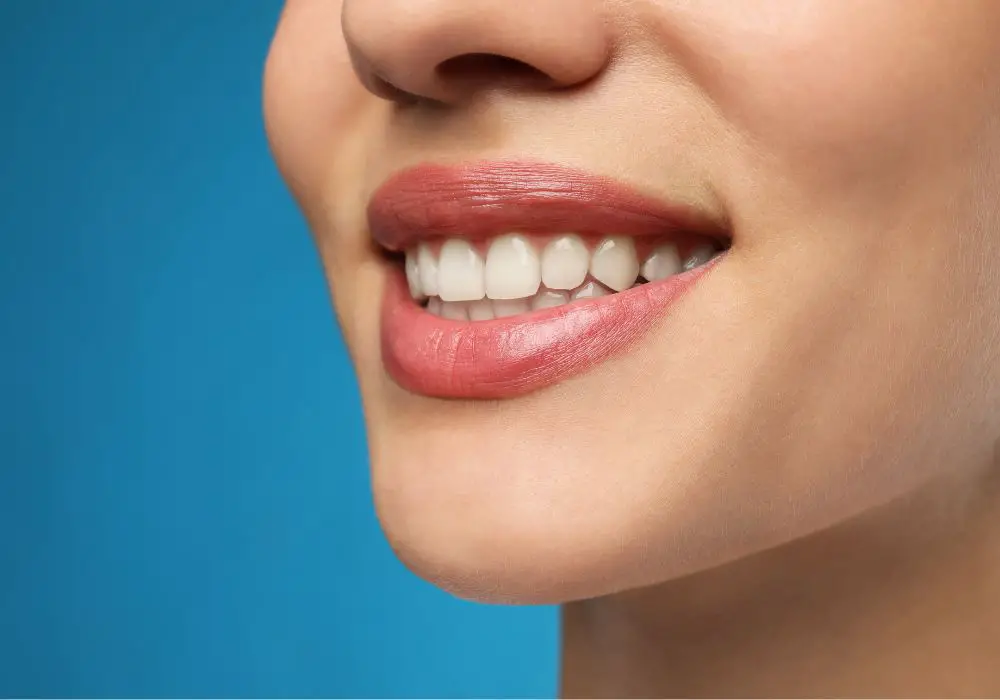
While genetics play a significant role in determining tooth shape and size, they do not have a direct impact on the number of teeth you have. According to a 2019 article, a full set of adult teeth typically numbers 32, including four wisdom teeth. However, some individuals may have fewer teeth due to various reasons such as genetics, trauma, or dental disease.
Although genetics do not play a direct role in determining the number of teeth you have, they can influence the shape and size of your teeth, which can affect how they fit in your mouth. For example, some people may have smaller jaws, which can make it difficult for all 32 teeth to fit comfortably. In such cases, dental professionals may recommend removing some teeth to make room for the others.
Furthermore, genetics can also affect the risk of developing dental problems such as tooth decay and gum disease. In the largest study of its kind, an international group of researchers analyzed oral health and genetic data collected from over 500,000 participants and identified 47 areas of the genome linked to dental caries (tooth decay). The study also revealed that dental caries and periodontitis (gum disease) share certain genetic signatures.
In conclusion, while genetics do not determine the number of teeth you have, they play a significant role in tooth shape and size, which can affect how they fit in your mouth. Additionally, genetics can influence the risk of developing dental problems such as tooth decay and gum disease.
Influence of Dental Health and Care
Taking care of your dental health is essential for your overall well-being. Neglecting your teeth and gums can lead to various health problems, including heart disease, diabetes, and respiratory infections. Therefore, it is crucial to maintain good oral hygiene habits, such as brushing twice a day, flossing daily, and visiting your dentist regularly.
Poor dental health can also affect your self-esteem and social life. Bad breath, yellow teeth, and missing teeth can make you feel self-conscious and embarrassed, leading to social isolation and anxiety. Moreover, dental problems can affect your ability to eat and speak properly, impacting your quality of life.
The following table summarizes the number and types of teeth in an adult’s mouth:
| Type of Teeth | Number of Teeth |
|---|---|
| Incisors | 8 |
| Canines | 4 |
| Premolars | 8 |
| Molars | 12 |
| Wisdom Teeth | 0-4 |
As you can see, an adult typically has 32 teeth, including four wisdom teeth. However, some people may have fewer or more teeth due to various factors, such as genetics and dental procedures.
In conclusion, taking care of your dental health is crucial for your overall health and well-being. By maintaining good oral hygiene habits and visiting your dentist regularly, you can prevent dental problems and maintain a healthy and beautiful smile.
Implications of Having More or Less Than 32 Teeth
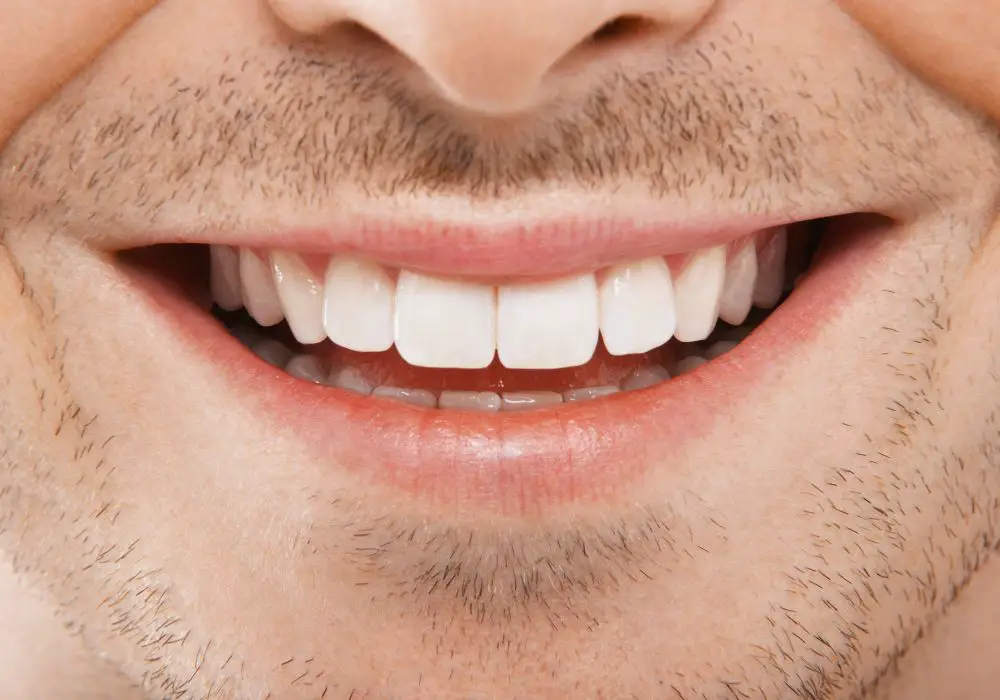
Having more or less than 32 teeth can have implications on your dental health and overall well-being. Here are some things to consider:
Having More Than 32 Teeth
If you have more than 32 teeth, a condition known as hyperdontia, it can lead to overcrowding in your mouth. This can cause your teeth to shift and become misaligned, which can lead to problems with your bite and difficulty chewing. In severe cases, it may be necessary to have some of the extra teeth removed to prevent further dental issues.
Having Less Than 32 Teeth
If you have less than 32 teeth, a condition known as hypodontia, it can also lead to dental problems. Missing teeth can affect your ability to chew properly, which can lead to digestive problems. It can also affect your speech and cause you to feel self-conscious about your appearance.
There are several reasons why someone may have less than 32 teeth. It could be due to genetics, where certain teeth never developed, or it could be due to trauma or disease that caused the loss of one or more teeth.
What to Do if You Have More or Less Than 32 Teeth?
If you have more or less than 32 teeth, it’s important to see a dentist to discuss your options. They may recommend orthodontic treatment to correct any issues with overcrowding or misalignment. If you’re missing teeth, they may recommend dental implants, bridges, or dentures to replace them.
In any case, it’s important to maintain good dental hygiene practices, such as brushing twice a day and flossing daily, to prevent further dental issues. Your dentist can also provide guidance on how to properly care for your teeth and gums.
Frequently Asked Questions
How many teeth do adults have without wisdom teeth?
Adults typically have 32 teeth, including 8 incisors, 4 canines, 8 premolars, and 12 molars. However, if the wisdom teeth are removed, the total number of teeth will be 28.
How many premolars do adults have?
Adults have 8 premolars in total, 4 in the upper jawbone and 4 in the lower jawbone. These teeth are located between the canines and molars and are used for grinding and chewing food.
How many canines do humans have?
Humans have 4 canines, 2 in the upper jawbone and 2 in the lower jawbone. These teeth are sharp and pointed and are used for tearing and ripping food.
When do wisdom teeth come in?
Wisdom teeth, also known as third molars, typically come in between the ages of 17 and 21. However, not everyone develops wisdom teeth, and some people may have them come in earlier or later.
How many teeth do 10-year-olds have?
By the age of 10, children typically have 24 permanent teeth and may have some of their adult molars coming in. However, the number of teeth may vary depending on the child’s dental development.
Is it normal to not have 32 teeth?
It is not uncommon for people to have less than 32 teeth, as some individuals may be missing one or more teeth due to genetics or dental issues. However, it is important to maintain good oral hygiene and seek dental treatment if necessary to prevent further dental problems.


